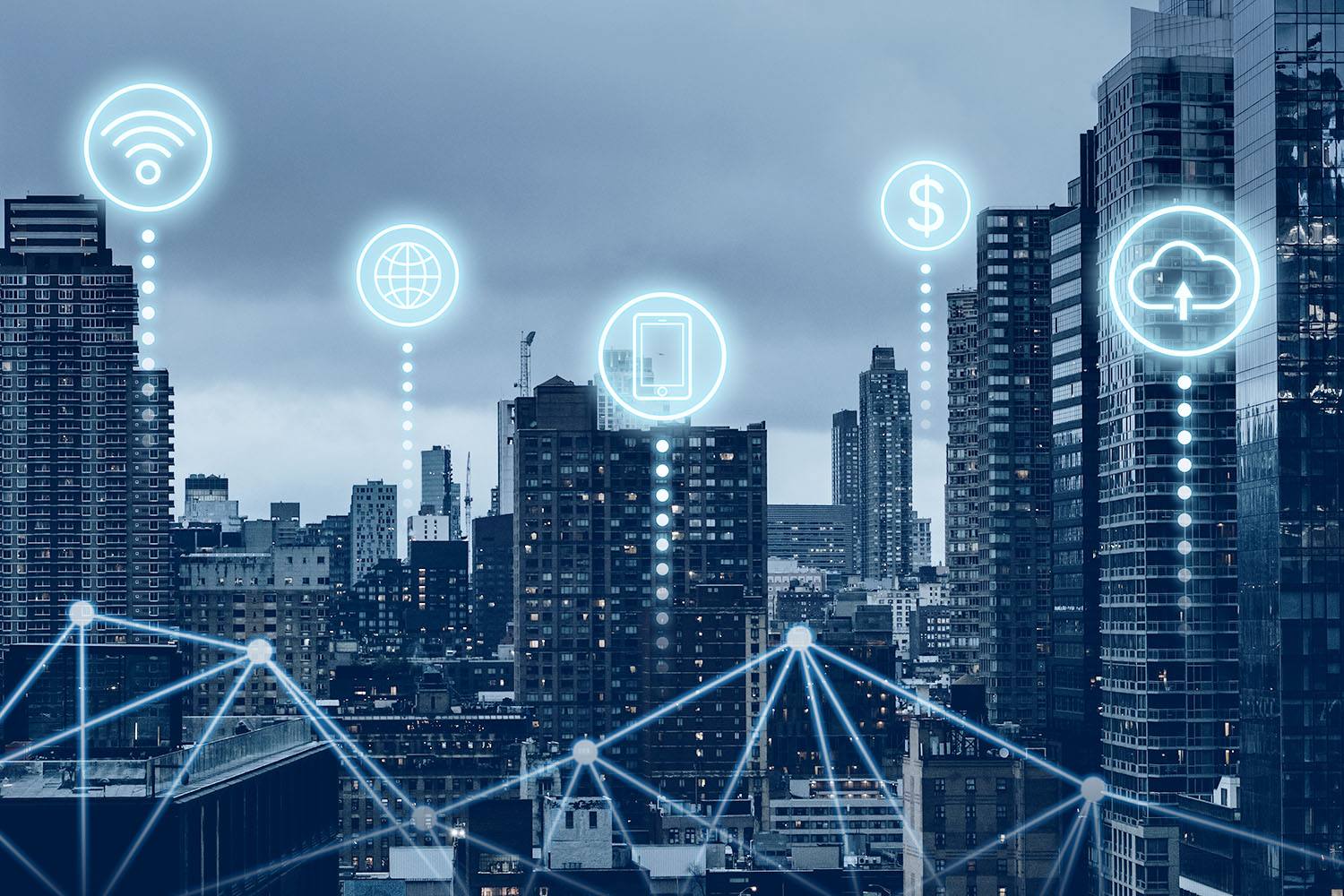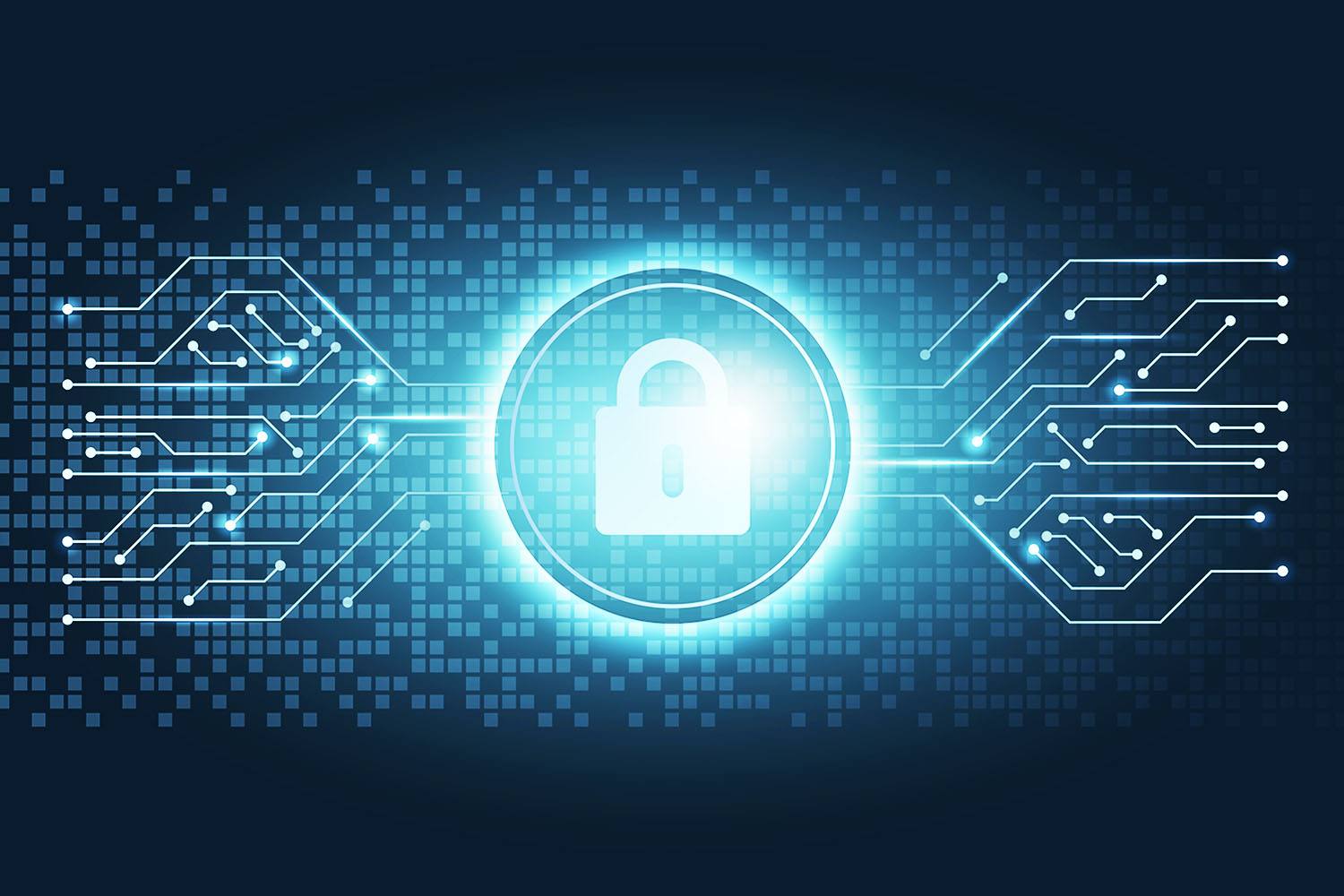Is your business responsive enough to adapt quickly to the rapidly evolving technologies? In today’s global market, you soon go out of business if you are not flexible enough. But how does a business become flexible and responsive, and why is it important? While different factors influence flexibility and responsiveness in an organization, the significant component that controls it is the IT infrastructure. If you have up-to-date IT infrastructure services, you can innovate and implement new ideas in your business, giving a superior experience to your customers.
Successful digital transformation companies are strategically investing in their people, processes, and technology. Such companies identify technologies they need in their core systems, driving an efficient integration with them. Then they look for extendable technologies, avoiding a lot of customization so it is easy to stay agile. Lastly, they go for such IT infrastructure solutions that will establish an ecosystem to make upgrades and pluggable technologies possible in the long run.
Having flexible IT infrastructure services brings quick wins and fuels your momentum. But are these IT infrastructure services?
IT Infrastructure Services
IT infrastructure services are vital to enable business operations & solutions, providing customer management and developing capabilities. The solutions businesses offer are a mix of foundational IT technologies that support your system. These comprise servers, connectivity, network building, data storage, user devices, data security, backups, wireless and end-to-end support. These are very helpful to businesses as they save them the costs, complexity, and risks associated. They manage your system and keep it running smoothly.

-
Servers
The server is the center of your system and is very important in managing the operations. The IT infrastructure services offered servers are planned, built, and installed according to your requirements. According to your needs, different types of servers[1] are discussed between local physical servers and cloud-based solutions. Once installed, services such as regular updates, server optimization (performance monitoring), and threat maintenance are given.
-
Connectivity
Optimal connectivity in a business ensures efficient teamwork and smooth running of operations. Both connectivity and network infrastructure drive a business to achieve its goals. You can update your network connectivity or start building it from scratch with IT infrastructure services. This means getting a LAN, WAN, and VOIP as needed. You can also achieve robust connectivity using an SDWAN and maximizing your IT capabilities.
-
Network Building
This is the main component of your IT infrastructure. Figuring out the correct network for your business elevates your game. In network building, a plan is constructed through research and analyses. It is then installed, maintained, and monitored by professionals. This network is monitored around the clock so that you are alarmed of any suspicious activity or problems which may arise in the system. Consistent maintenance and monitoring bring efficiency to the business while ensuring that there is minimal risk of downtime.

-
Data Storage
You can have local or cloud-based storage in this. With any warehouse, the IT Infrastructure services give you maintenance and backup options. This is very effective and hassle-free for you as you can work without stressing about storage limits and system failures. However, cloud storage & management is more feasible if you are a small business, as physical servers require a lot of investment and maintenance. With cloud storage, you have more usability and convenience. However, you can still avail both kinds of storage services.
-
User Devices
Remote working has changed the game for IT service providers as in-house devices and equipment was primarily focused on before. Now these firms have to provide hybrid asset management to businesses. This entails covering and tracking mobile phones, laptops, remote access management, workstations, and MDM [2]. All these devices are tracked for activity and security. You can have remote teams working coherently with this. Furthermore, it entails procuring and installation of workstations, management of mobile applications, and configuration of device policy.
-
Data Security
Security breaches can cost you more than you anticipate; hence, data security is vital for your system. It forms a core component of your IT infrastructure solutions. So the IT infrastructure service provider you choose needs to follow data protection and privacy laws. They will make sure that your IT infrastructure has firewalls installed and managed. Moreover, detect intrusions, and provide content filtering and cyber security auditing. They will curb any risks of cyber attacks, ultimately ensuring your system remains protected.

-
Backups
You have less to worry about if your system has a solid backup. IT infrastructure service providers provide you with scheduled backups and disaster recovery plans. With these in place, you have peace of mind and opportunity to grow your business. Backups guard against any damages you may face due to technical failures or cyber-attacks. You work with the provider to work up a schedule of regular backups and data recovery plans. So that in case of any emergency, you are well prepared to cope.
-
Wireless
Managing your wireless touchpoints to increase their usability strengthens the IT infrastructure. In IT infrastructure services, wireless is also covered with mobile device management. For this site, surveys are conducted based on the analysis and business requirements an installation plan is developed. In this plan, the amount and placement of access points are done carefully. So that uniform and reliable coverage are achieved throughout the area. WIFI is configured to support a flexible BYOD[3] arrangement.

-
End-to-End Support
To ensure the smooth running and high efficiency of your system, the IT infrastructure service provider provides end-to-end support. This not only entails the different phases of consultation, planning, and installation, but it also includes ongoing maintenance services. Working with a business to construct its IT infrastructure is a big project which requires ongoing support. Due to this, the teams collaborate with service providers for any issues and queries. They provide continuing support for better system continuity.
FAQs
1. What are the components of IT infrastructure services?
There are many components in IT infrastructure services used to build the system. Some of those examples are hardware, software, servers, data center, devices, routers, operating systems, virtual machines, internet connectivity, security, and more.
2. What are IT infrastructure services useful for?
IT infrastructure management services are the technical foundation or framework of your system. They administer and manage your technology requirements while protecting your information and data. IT infrastructure services can be deployed per your scope, from desktop to networking, storage, data, security, cloud-based services, and teams involved in planning it all.
3. What does the IT infrastructure services provider do?
The company that provides you with IT infrastructure services helps you plan, install, and run it. It gives round-the-clock monitoring, proactive troubleshooting, maintenance, and optimizing your servers, databases, applications, and development environments.
4. Why should I go for IT infrastructure services?
If your core competencies are not IT-related, and you cannot build and manage IT infrastructure, then it is best if you outsource it to a reliable company. Even if your core business is not IT-related, you may need an IT infrastructure for automation, efficiency, and more. IT infrastructure services ensure that your business runs smoothly, efficiently, and safely without downtime.
References:
[1]https://www.makeuseof.com/basic-server-types-used-in-computer-networking/
[2]https://www.ibm.com/topics/mobile-device-management
[3]https://www.forcepoint.com/cyber-edu/bring-your-own-device-byod






